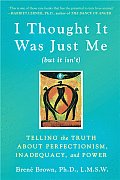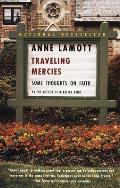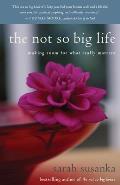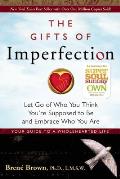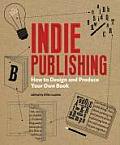Subtitle: Telling the Trust About Perfectionism, Inadequacy, and Power
Recommended to me by: Pam Lyons
Brene Brown researches shame by listening to people’s stories. This book focuses on women for the most part, although she mentions how men’s experience of shame differs at the end of the book. The content overlaps with The Gifts of Imperfection quite a bit.
She describes shame as a “full-contact” emotion because it includes visceral and physical responses. Yes, emotions are physical. All of them. I became suddenly wary of an author who seems to live primarily in her head.
The writing tone is breezy and casual, overlaying the formal language of research. I can see the effort she put into structuring the anecdotes and creating the ideas of the shame web (people who engender shame) and connection network (people who support shame resilience) complete with cute iconic drawings.
On page 9 she puts in an “early call for compassion,” acknowledging that stories about shame are difficult to read, so we often leap to judgment rather than compassion to distance ourselves. I wonder how much of my reactions to the book fall in that category.
I appreciated her explicit inclusion of diverse women across race, class, sexual orientation, age, and religious identity. She includes a lot of her own stories, so there is a pronounced tilt toward mid/upper class white educated heterosexual married mothers of young children, but other voices are represented as well. She specifically mentions hair texture and skin tone as issues for women of color, for example.
One helpful bit for me was the typical responses to shame: moving toward, moving away, or moving against. I seem to have a lot of the moving toward response, and I hadn’t seen that reflected before. It’s not just me!
I’ve done a lot of personal work with shame and authenticity over the years. I suspect this book would be more useful for someone who has not thought about the subject as much. As I think about the fairly basic material and its presentation as earth-shaking new discoveries, I continue to get a sense that the author is disconnected from ongoing work about shame and community. Maybe no one else is pursuing that work in an academic context.
Edited to add: I thought a lot about the sense of distancing I got from the book, and the early disclaimer about shame being distancing. I decided my experience was valid (imagine that!) and the early disclaimer was the equivalent of “I don’t mean to be offensive, but [something offensive].” “I don’t mean to be distancing, but [distancing book].” I find it interesting that it took so much thought to validate my own experience.

